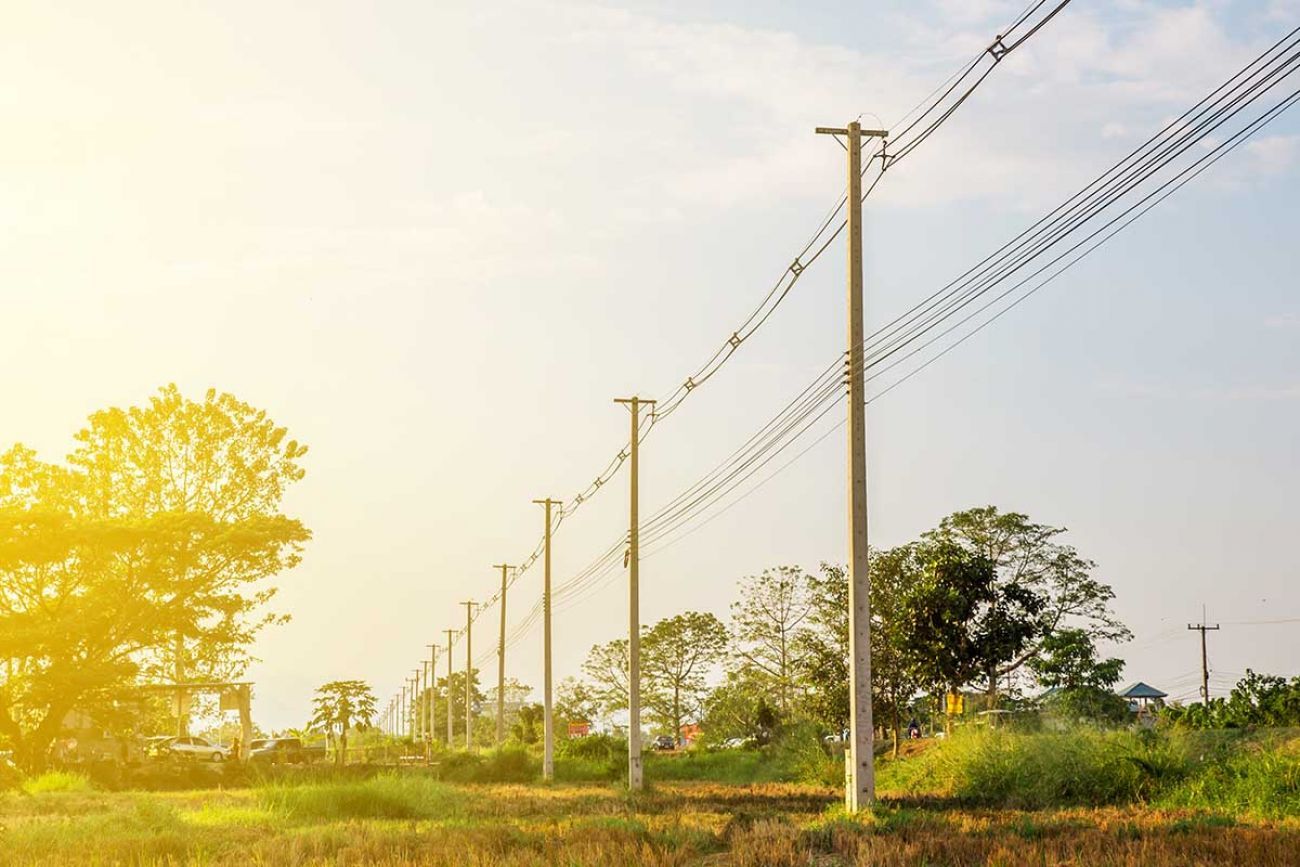Michigan to receive $1.5B to extend internet to 210,000 in rural areas

- Whitmer: $1.5 billion in federal funding would bring 210,000 Michigan homes high-speed internet
- In some rural counties, especially in the Upper Peninsula, half of the residents don’t have high-speed internet
- Lack of broadband access is more likely to affect low-income families, seniors, people of color
LANSING — Michigan will receive $1.5 billion in federal grants to expand broadband, high-speed internet to 210,000 homes in unserved and underserved areas, Democratic Gov. Gretchen Whitmer announced Monday.
The Michigan High Speed Internet Office — a state agency formed in June 2021 — will begin distributing the money next year, the announcement says.
The funding comes from the federal Broadband Equity Access and Deployment (BEAD) Program, which is established under the Infrastructure Investment and Jobs Act. The program provides a combined $42.45 billion to all states and territories for broadband-related services, according to the program website.
Related:
- Michigan moves to use cameras to issue speeding tickets in construction zones
- Michigan’s new roads plan: More money for big counties (that vote Democratic)
- Want better roads? Make it easier to open gravel mines in Michigan, unions say
States will each receive an initial $100 million, and the rest of the money is allocated based on each state’s broadband needs.
“Today, we have won a game-changing investment to expand access to reliable, affordable high-speed internet,” Whitmer said in a Monday statement.
Michigan ranks 28th among states in broadband access, according to Broadband Now, a data aggregation company that conducts research on broadband accessibility.
As of this year, more than 93 percent of all Michigan households have access to the internet with a download speed of at least 25 mb/s — which the Federal Communications Commission defines as “high-speed internet,” according to the nonprofit Connected Nation Michigan.
Luce County, a rural county in the Upper Peninsula, is the least covered, with less than 40 percent of the county having access to high-speed internet, according to the analysis from the nonprofit.
As of 2021, more than 1.2 million homes in Michigan — roughly 31.5 percent of all households in the state — didn’t have fixed broadband connection at home, according to a November 2021 report from the Michigan High Speed Internet Office.
The lack of broadband access is more likely to affect low-income households, seniors and people of color in Michigan, the report says.
Among households that made less than $20,000 annually in Michigan in 2021, nearly 35 percent did not have broadband access, according to the report.
More than 1 in 5 senior residents 65 years or older did not have internet access at home, and Black and Latino residents were almost half as likely to have broadband access than their non-Black and non-Latino peers.
Under the Whitmer administration, internet providers have been awarded more than $474 million for broadband improvements, according to the state High Speed Internet Office.
In January, the office announced $238 million in federal grants to support broadband expansion in areas without broadband access.
See what new members are saying about why they donated to Bridge Michigan:
- “In order for this information to be accurate and unbiased it must be underwritten by its readers, not by special interests.” - Larry S.
- “Not many other media sources report on the topics Bridge does.” - Susan B.
- “Your journalism is outstanding and rare these days.” - Mark S.
If you want to ensure the future of nonpartisan, nonprofit Michigan journalism, please become a member today. You, too, will be asked why you donated and maybe we'll feature your quote next time!




